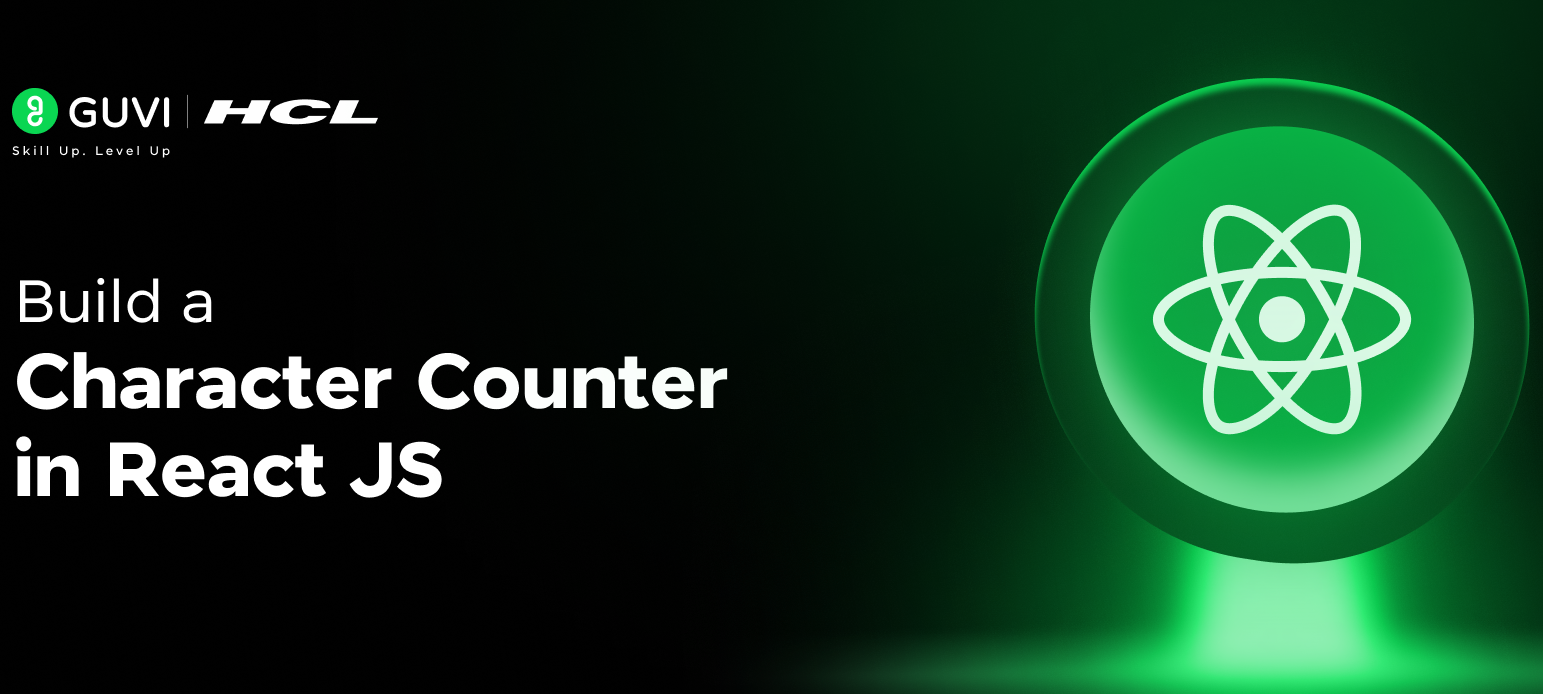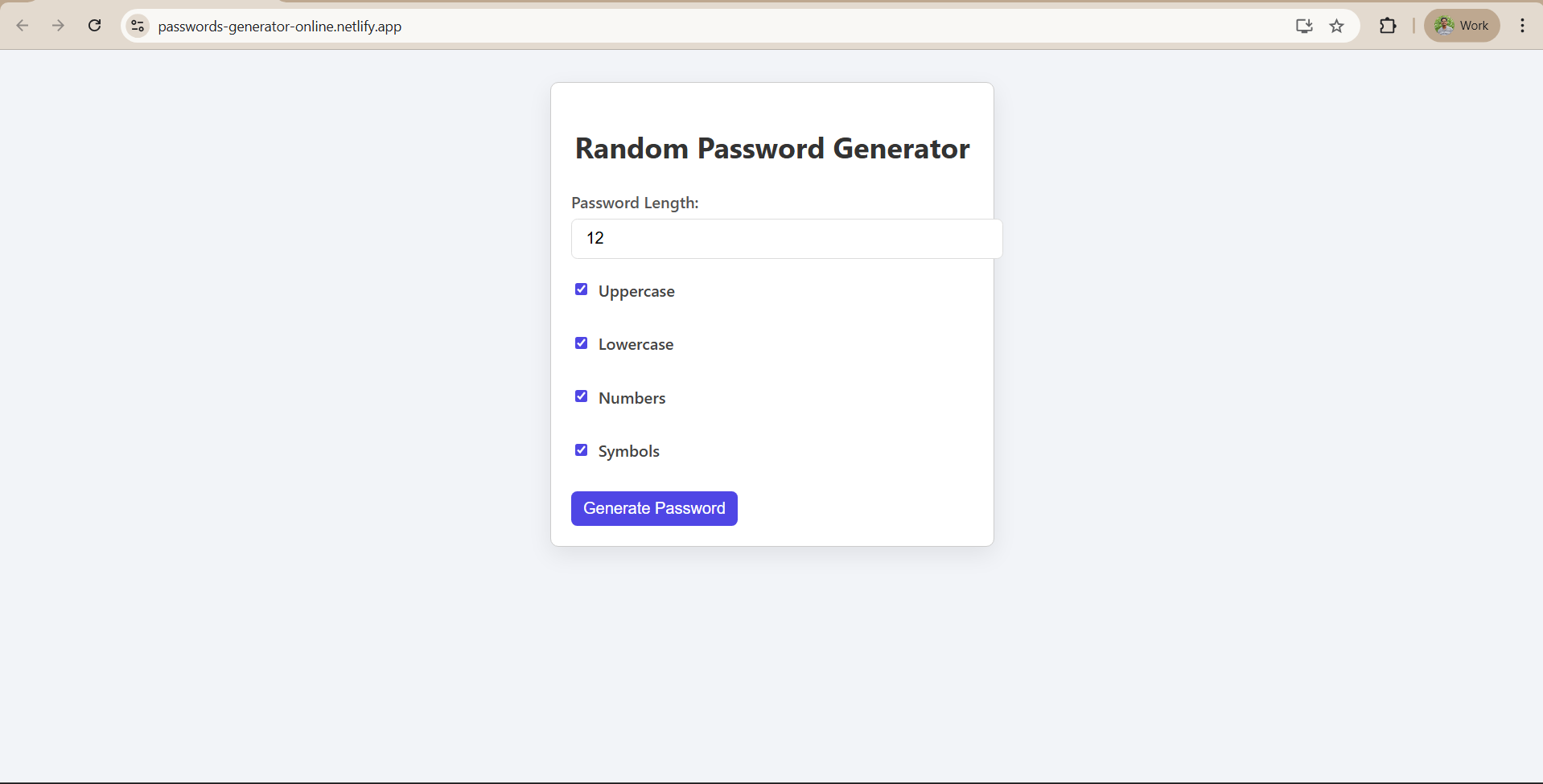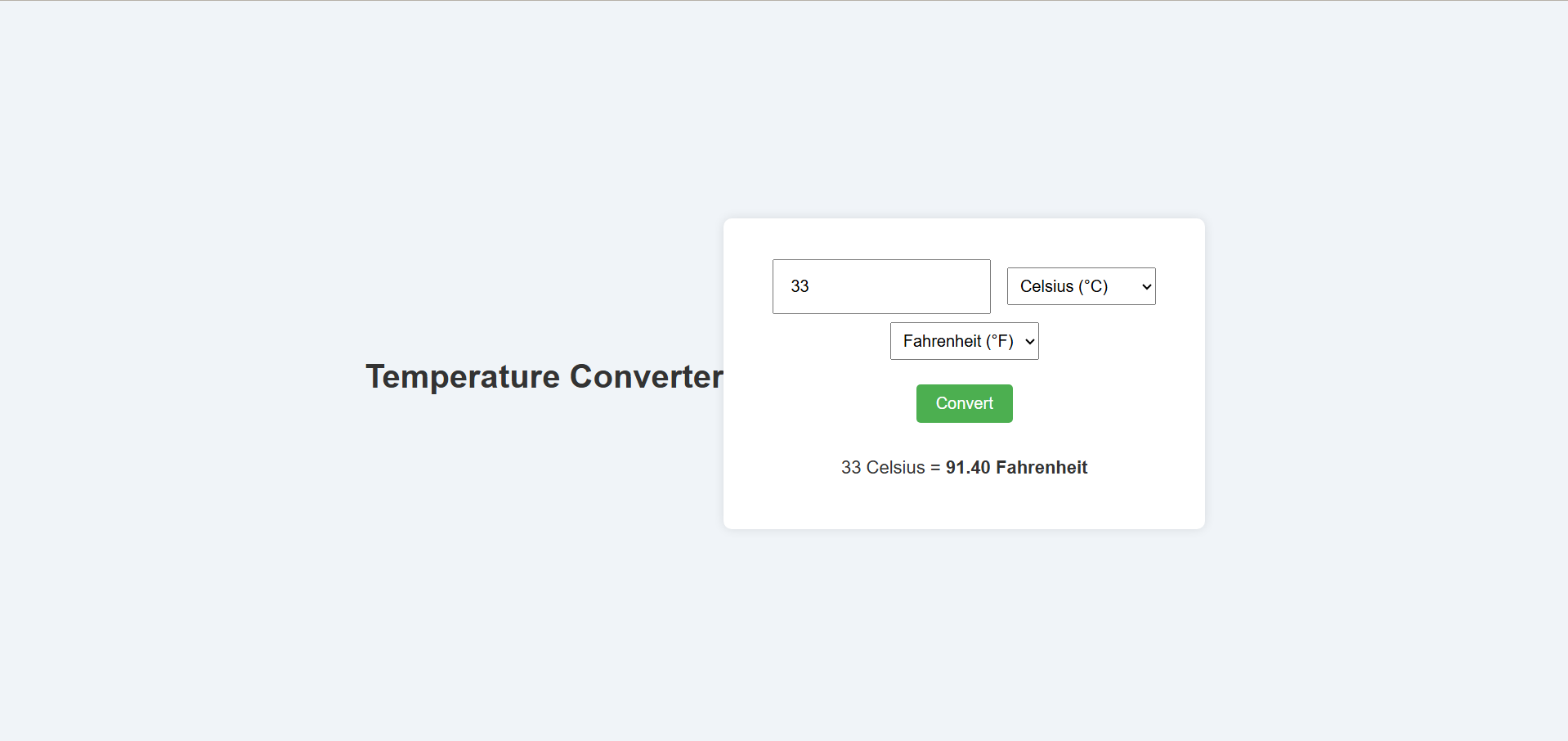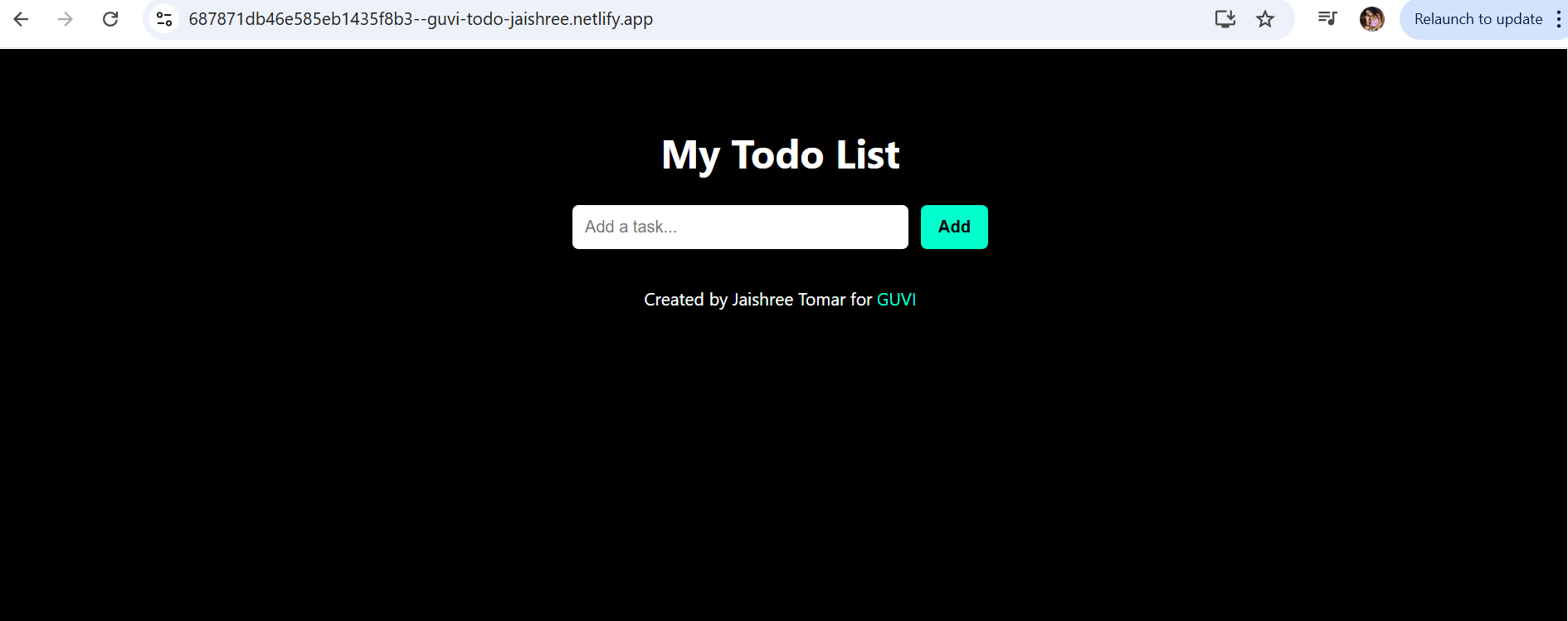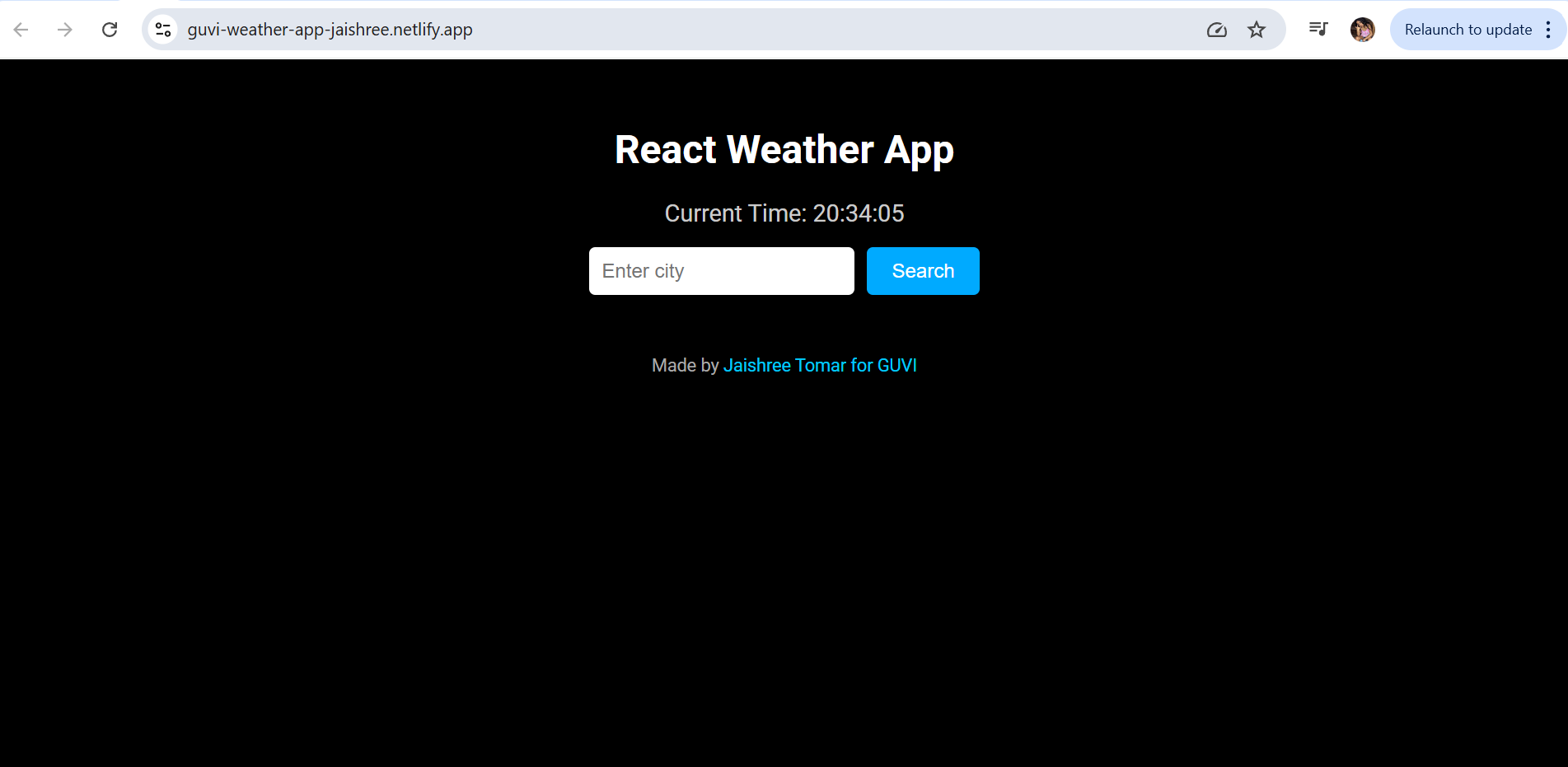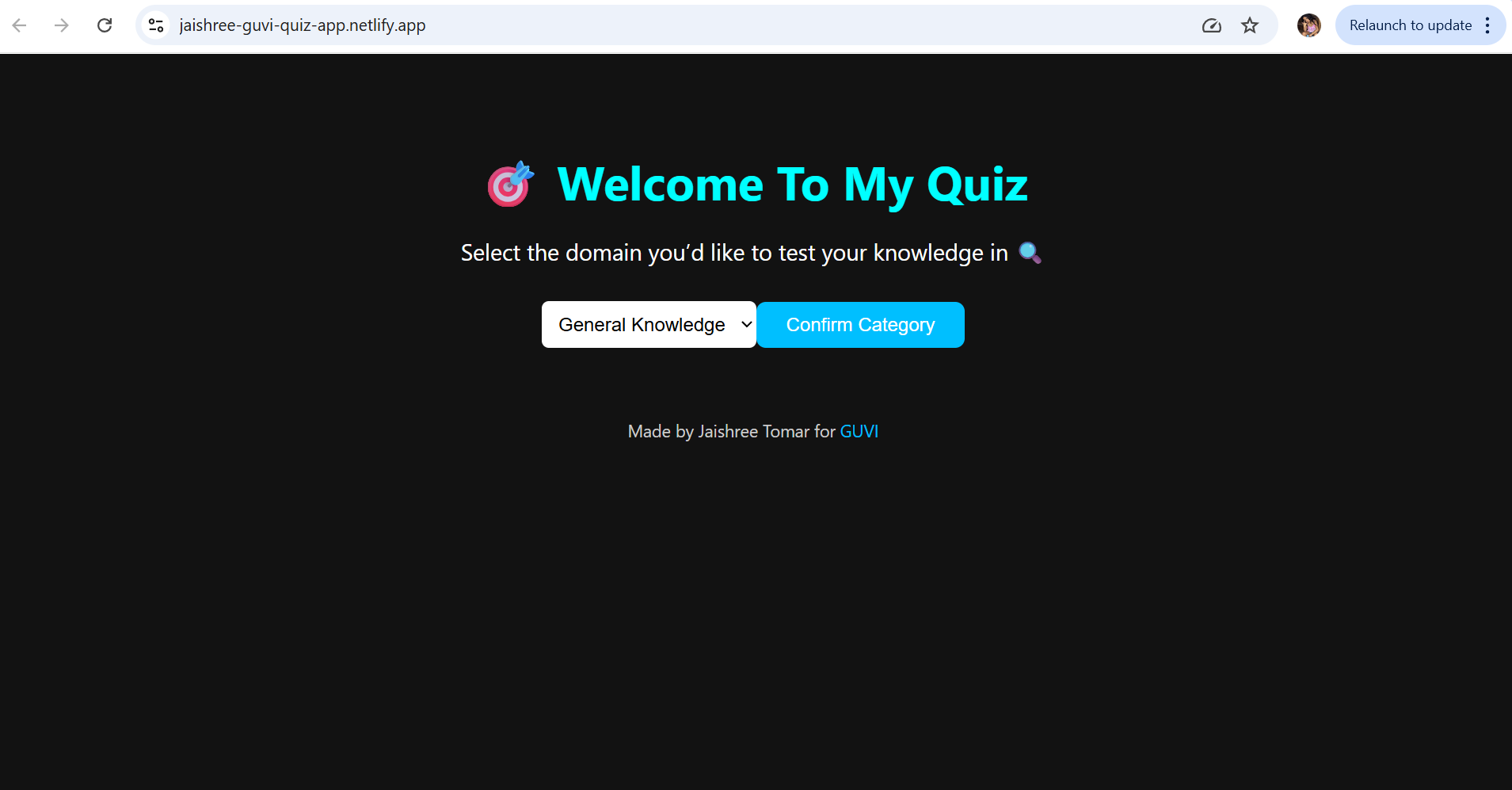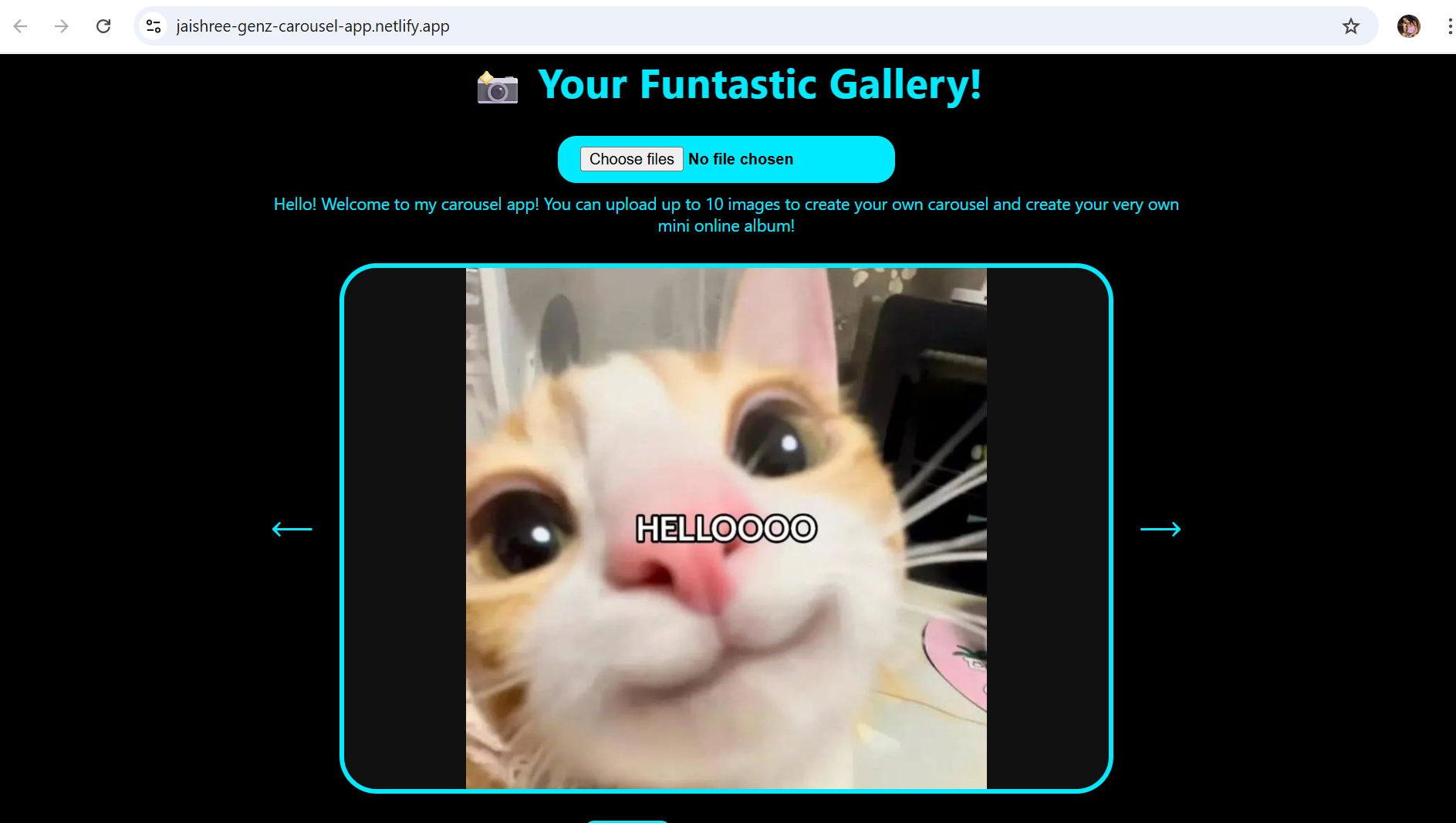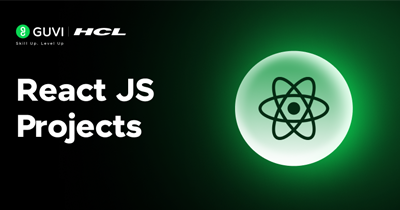Troubleshooting in Cpp
Troubleshooting
Despite following the setup instructions carefully, some issues may arise during the C++ environment setup process. Here are a few common issues and their solutions:
1. Compiler errors
If you encounter error messages during compilation, check that you have installed the correct version of the compiler for your operating system and configured the environment variables correctly.
2. Text editor issues
If your text editor is malfunctioning, try reinstalling it or checking for updates. Also, ensure the text editor is configured to recognize C++ syntax.
3. Linking errors
If you get linker errors during compilation, it could mean that the necessary libraries are not linked correctly. Check that you have specified the correct library paths and installed the libraries correctly.
Several resources are available to troubleshoot C++ environment setup issues, such as online forums, developer communities, and documentation. It's also helpful to consult the documentation for the specific tools you are using, as they often provide troubleshooting tips and solutions.
To ensure successful C++ development, here are some tips:
- Use a reliable text editor with syntax highlighting and debugging features.
- Choose a compatible compiler and configure the environment variables correctly.
- Always test your code very thoroughly before submitting it for production use.
- Continuously update your tools and stay up-to-date with the latest C++ developments.
By following these tips and being prepared to troubleshoot any of the issues that may arise, you can create a stable and efficient C++ development environment.
Debugging
Debugging in C++ is the process of identifying and resolving issues or errors in your code. It involves finding and fixing logical errors, runtime errors, or unexpected behavior. Here's an explanation of common debugging techniques:
Printing Debug Information:
#include <iostream>
int main() {
int x = 5;
int y = 10;
std::cout << "x = " << x << ", y = "<< y << std::endl;
int result = x + y;
std::cout << " result = " << result << std::endl;
return 0;
} Using Breakpoints:
#include <iostream>
int main() {
int x = 5;
int y = 10;
// Set a breakpoint on the following line
int result = x + y;
std::cout << " result = " << result << std::endl;
return 0;
}Conclusion
Setting up a proper C++ environment is essential for efficient and productive development. By following the steps outlined in this module, you can set up a reliable and efficient C++ development environment. Remember to choose the right text editor and compiler, configure the environment variables correctly, and test your code thoroughly.
C++ is a powerful programming language widely used in software development, and with the right tools and setup, you can unlock its full potential. We encourage you to keep learning and exploring C++ development and to stay up-to-date with the latest developments in the field.








